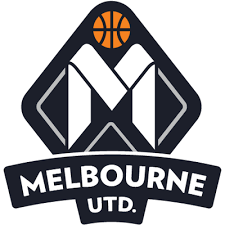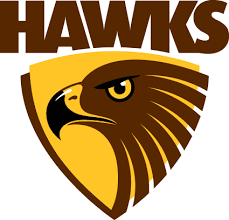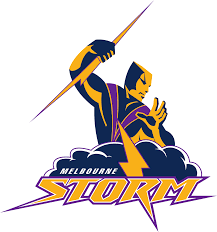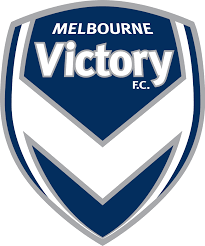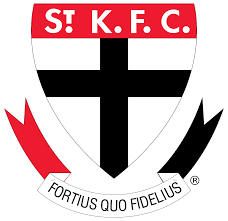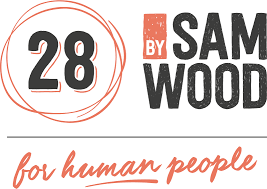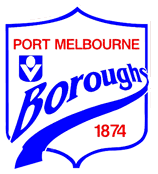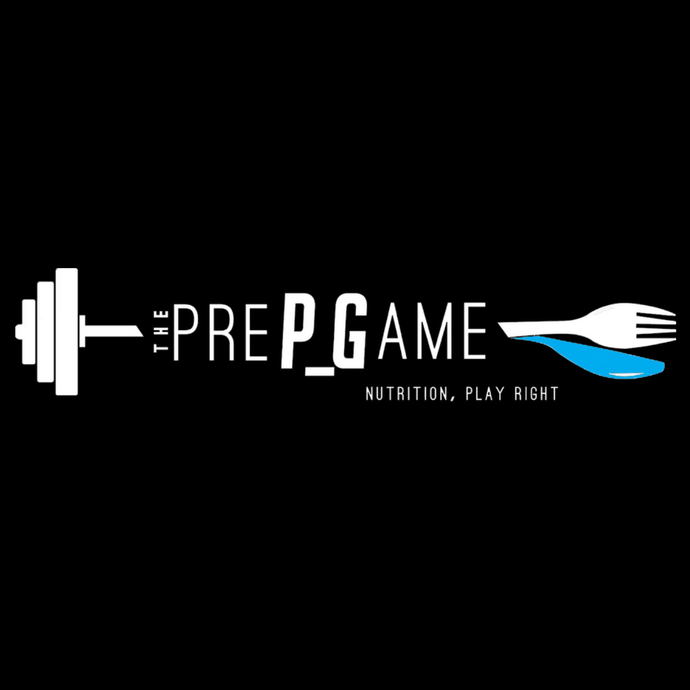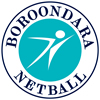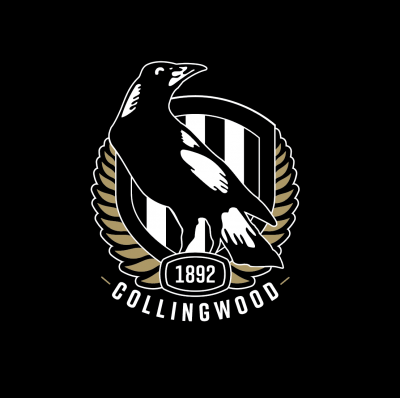Is fruit on its own the best pre-exercise snack?
Performance nutrition is a topic I am lucky enough to talk about pretty much every day. I love talking about exercise and nutrition, and helping people get the best out of their training efforts, whether they workout at the local gym or train as an elite athlete. I find a lot of people feel like they have their nutrition mostly under control, but don’t seem to be getting the best out of their training. A lack of appropriate nutrition before and after training may be contributing to this, and may especially be a problem if you train in the late afternoon. I see a lot of clients who head straight to training after work or school, but haven’t eaten for 4 or 5 hours since lunchtime. By then, your body will have digested and absorbed many of the nutrients from lunch and there may not be much left to fuel your training session. If you are trying to lose weight, it can still be useful to have some fuel on board to provide the energy to train harder and burn more kilojoules. If you are working hard in the gym to put on weight, then you need energy to lift, pull and push. If you are going into your session fatigued and low on fuel, you can’t expect to get the best results from your training (unless you have a planned strategy to complete some sessions lower on carbohydrate, but I will save that for another post).
So what should you look for in a pre-exercise snack?
Protein
Protein is often the neglected nutrient when it comes to snacking, as many of our typical snacks are carbohydrate based (think fruit, biscuits, flour-based products). Including protein in a snack means it will keep you full for longer, but can also help manage blood glucose levels, and is an essential nutrient for muscle growth and repair. If you are doing a lighter cardio session then the protein is probably less important and you may be fine with a small carbohydrate snack (if anything), but for longer, heavier sessions there are benefits from including protein.
Carbohydrate
Low-glycemic index carbohydrate foods are those that are more slowly absorbed over time, resulting in more stable blood glucose levels and potential benefits for energy levels. However many low GI foods are also high in fibre, and too much fibre pre-exercise can cause stomach upset for some people (especially runners). Include carbohydrate in pre-exercise snacks, and choose low-GI if you tolerate it. But the total amount of carbohydrate is potentially more important than the glycemic index, so it is a matter of working out which carbohydrate foods sit best for you before you train.
Healthy fats
It's important to include healthy fats in your diet if you are fit and active. Fat can take a while to digest, so you may be better to add more of your healthy fats and oils to meals after exercise rather than before . Avocado, nuts, seeds, olives, olive oil and fish all provide healthy fats.
Snacks for pre-exercise
Below are some pre-exercise snack ideas that will help to keep your energy levels high, contain some protein but not too much fat. The serving size that is best for you will vary according to your goals, the type of training you do, and individual needs.
* Soup eg. chicken and vegetable or minestrone
* Chopped fresh fruit with natural yoghurt and chopped almonds
* Quinoa tabouli with chickpeas
* Rye or corn based dry biscuits with low-fat cheese and sliced tomato
* Fruit smoothie, made with low-fat dairy or soy milk, yoghurt and fruit (most other milks are low in high quality protein eg. rice, oat, coconut, almond)
* Bean and rice salad
* Sushi handroll
* Greek yoghurt with berries
* Mountain bread with turkey and salad
* Tuna with rice and vegetables
* Natural muesli with low-fat natural yoghurt
* Vegetable sticks and wholegrain crackers with hommus dip
* Home-made popcorn (mix in some almonds)
* Fruit/grain toast spread with ricotta cheese
* Rice paper roll
* Corn Thin with smoked salmon, low-fat cream cheese and dill
* Trail mix - almond, walnuts, cashews and sun-dried apricots
* Chia pudding made with milk and topped with fruit
* Toast or wholegrain crackers with avocado and salmon
* Almond Butter Balls plus yoghurt with berries
If you are unsure about the best type of snacks and amounts for your needs, talk to an Accredited Sports Dietitian who can help you plan your daily meals and snacks to meet your nutrition and training requirements. To find a dietitian in your area, go to Sports Dietitians Australia.
If you are interested in learning more about nutrition for exercise, training and sport, please sign up for my free newsletter at the bottom of this page, and you can also follow me on Facebook and Twitter for more nutrition updates.






